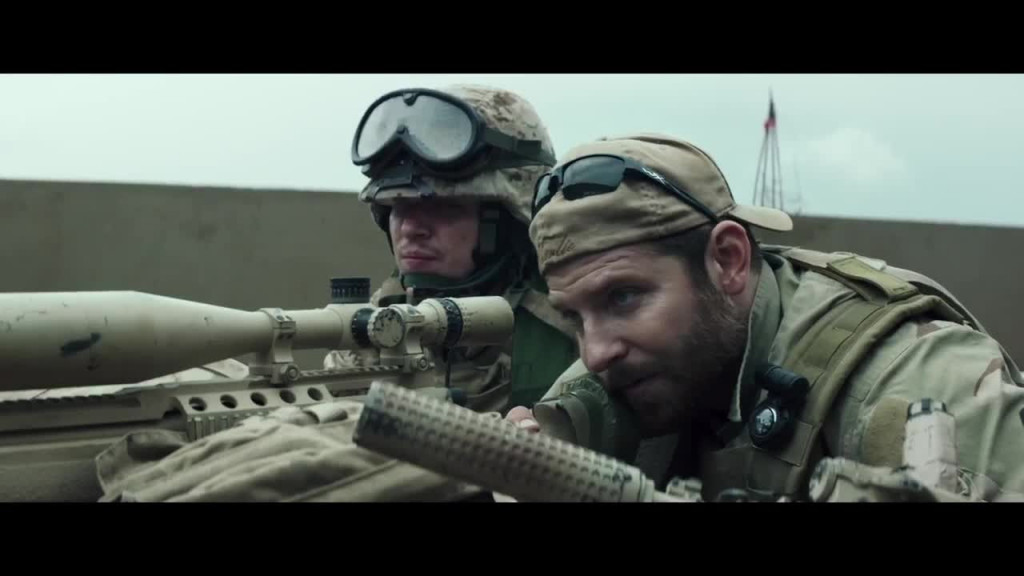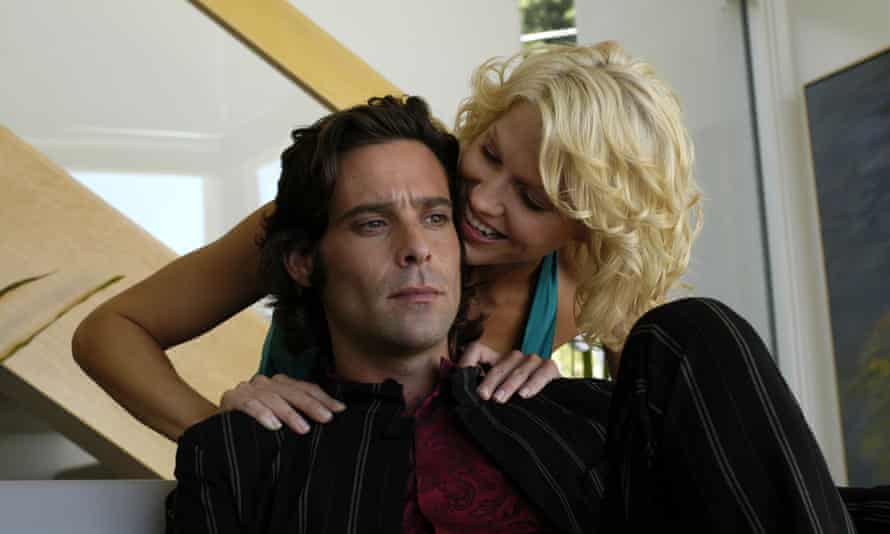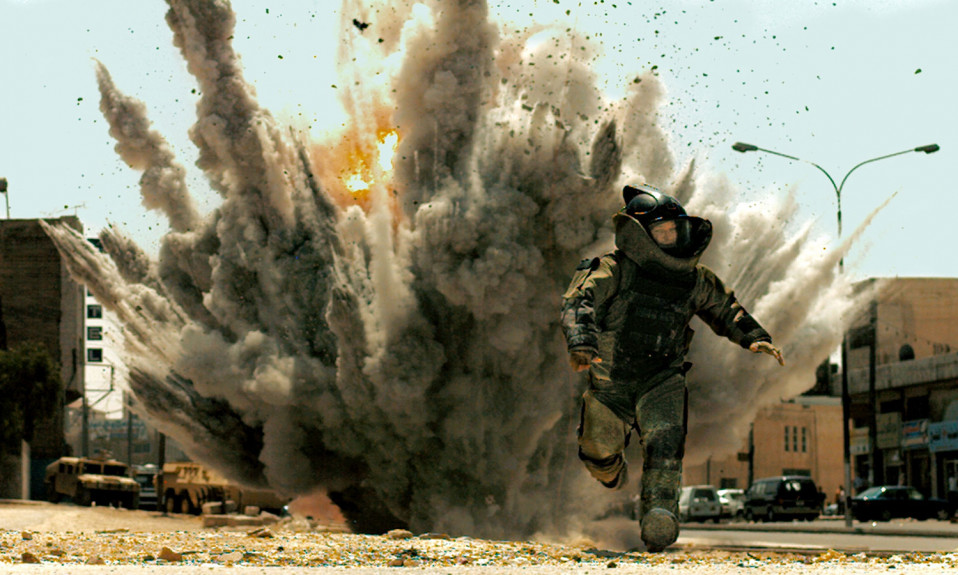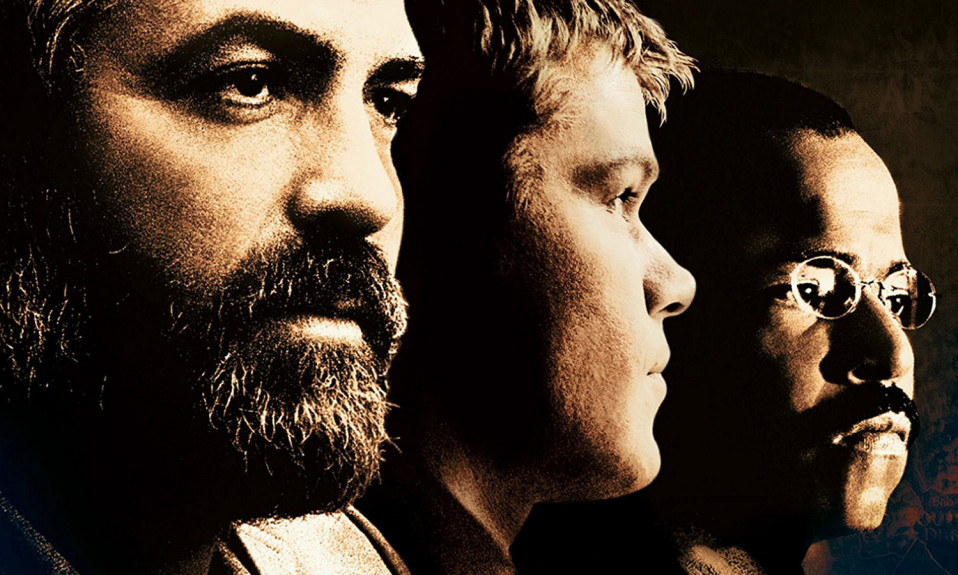In the aftermath of the terrorist attacks on 9/11 many things changed. Throughout most of the 90s America had felt powerful and secure, communism had collapsed and the country was prosperous. After 9/11 things felt different and this lead to a change in culture. Over the last twenty years there have been a lot of war films released in America – how much have these films romanticised the real wars that followed 9/11? Some of the films mentioned are not about the War on Terror explicitly, but the stated plot of a piece of art does not necessarily mean that’s what it is about, for example, MASH is set in the Korean War but clearly about the Vietnam War, Henry V was released in 1944 to boost British morale in World War Two, when Henry V is set in the 1400s and the enemy is France.
War Films After 9/11

One of these post–9/11 war films won several Oscars, including Best Picture – The Hurt Locker, telling the story of a bomb disposal unit in Iraq. The biggest grossing film of the 2000s, Avatar, was a sci-fi war film that showed humans fighting a war against a planet’s native population for control of resources. 300 was a commercially successful film war that had quite a cultural impact and which focused on a West vs East mentality. American Sniper was a spectacularly successful film, one of the highest-grossing war films of all time and critical acclaim, this was the story of the American military’s deadliest sniper, who joined the military after 9/11.
Romanticising the War on Terror?
Many of the films that are explicitly set in these wars are romanticised in a variety of ways, ranging from American Sniper where it was criticised for its view of civilians, to The Hurt Locker where the main character is supremely concerned for the welfare of an Iraqi child. American Sniper is showing a highly skilled warrior fighting against a terrible enemy, The Hurt Locker has Americans putting their lives in danger to help the Iraqis. While these might be very different depictions of the war both have a great purpose at play – this isn’t a geopolitical struggle over resources or power but something much more important.
Act of Valor used real-life, active service Navy SEALs to play the Navy Seals in the film, made with the enthusiastic cooperation of the US military. The film struck many critics as practically propaganda for the US military. Daniel D’Addario for observer.com corralled a number of reviews where critics had pointed out its recruitment ad style.

I would argue that it’s films not explicitly about these wars that are the most romanticised – with 300 being the obvious example. 300 is a film set more than 2000 years ago – between the Greek Spartans and the Persian Empire. The Persians are an uncountable horde of barbarians and sometimes literal monsters, the Spartans are brave and resolute. This is a clash of civilisations, a titanic struggle for the whole world, and it is easy it as a story of the noble West fighting the wicked East.
Against The Wars
Not all films take this romanticising, or positive view of these conflicts. The film Zero Dark Thirty – about the assassination of Osama Bin Laden – has split people on whether it is pro or anti the War on Terror but certainly shows that this was not a purely noble endeavour. Another film not explicitly about the War On Terror, 2005’s Munich shows a country’s response to a terrorist attack – morality becomes ever greyer, their targets less clearcut villains, with the protagonists losing their faith in what they are doing while realising they are just creating and prolonging the violence. In the Loop was a satire from comedy legend Armando Ianucci is a political comedy about the runup to the war in Iraq and justifying it. It mocked the cowardice of politicians who wouldn’t speak out against what was wrong, about the constant lying, the bizarre flag-waving blinkered patriotism of some calling for war. Syriana is a complex political thriller and while not explicitly about any particular war there is much discussion of terrorism, America’s use of military power attempts at regime change and the control of valuable natural resources.

One of the shows that did most to address 9/11, the War on Terror and the aftermath was the reimagined Battlestar Galactica of the 2000s. This was a show in which a surprise attack by a dormant enemy destroys -the Cylons- destroys human civilisation, leaving a single fleet running for safety. The Cylons are religious zealots (while at the same time the humans are a very religious society) who think their god sanctions their violence. The show dealt with the use of torture, suicide bombings, military occupation, a clash of civilisations and religions, what rights can be changed or withdrawn in drastic circumstances, struggle between the military and the civilian government for authority…it’s all there and more. What is of great interest is that neither side sits neatly with the real world sides in this war, it is the humans who carry out suicide bombings against the Cylons, it is a Cylon terrorist who is tortured for information.
The years since 9/11 have produced many things that deal with the aftermath of that attack. Some are barely disguised outright propaganda, some openly hostile to what happened and some treading a more complicated path. The stories that get told, the films and tv shows that are made, will have a huge influence on how these events are perceived and remembered.
Also Read: War Films: Horror & Glory












